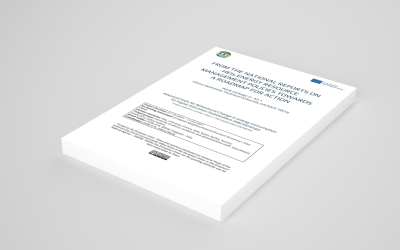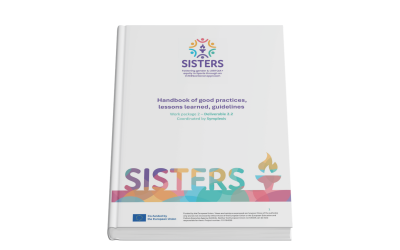Methodological and pedagogical study
This report presents a comprehensive analysis of good practices derived from the lived experiences of third-country nationals and the expertise of project partners from Belgium, Bulgaria, Croatia, Cyprus, Greece, Italy, and Sweden. The research is grounded in the application of Interpretative Phenomenological Analysis (IPA), a qualitative methodology that explores how individuals make sense of their personal and social experiences. The study utilised 36 in-depth interviews with project beneficiaries and representatives of the partner organisations, thereby offering a rich and nuanced understanding of the challenges, opportunities, and transformative practices associated with integration and inclusion. The IPA approach ensured that the voices of third-country nationals were central to the research, while also incorporating the insights and reflections of practitioners engaged in on-the-ground efforts. This dual perspective enabled the report to capture both the subjective experiences of integration and the broader structural and systemic dimensions that shape those experiences. The diversity of geographical, cultural, and social contexts represented by the six participating countries provides a unique opportunity to compare and contrast approaches, identify commonalities, and uncover context-specific solutions. The findings highlighted in this report showcase innovative methodologies, effective tools, and valuable lessons learned, ensuring the dissemination of actionable insights that can be adapted to different local and regional contexts.










